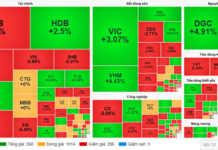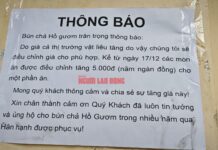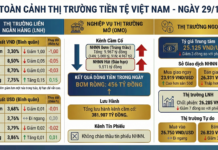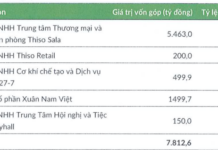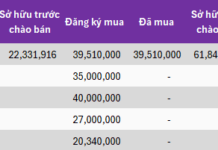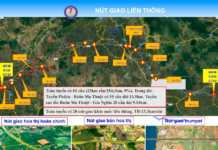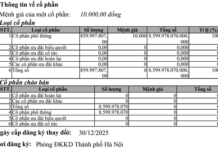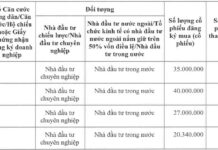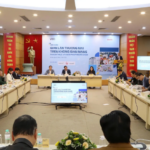“Unlocking” Agricultural Land’s Potential
Nguyen Van Dinh, a real estate legal expert, believes that
there is a lot of agricultural land currently lying idle and being wasted. He hopes that the 2024 Land Law will “unlock” the potential of this land by allowing for more flexible usage.
Mr. Dinh points out that when farmers combine agriculture with aquaculture or other business models, they often see much higher returns. For example, shrimp farming can bring in 30 times more revenue than rice farming, so many farmers are tempted to make this switch, even if it means bending the rules.
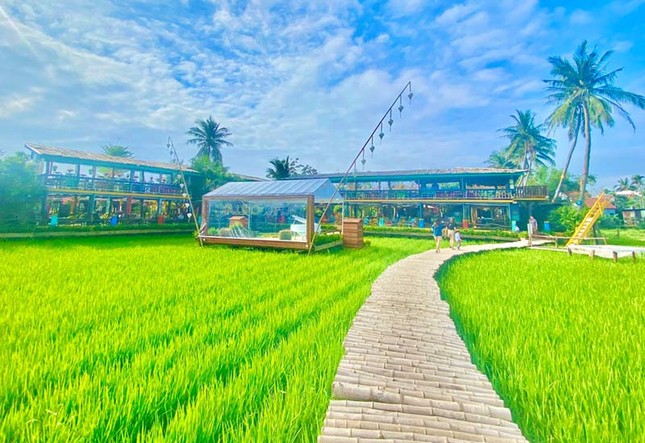
An illustrative example of a cafe situated amidst rice fields in Hoi An, Quang Nam.
Similarly, combining rice farming with tourism initiatives like “cafe ruong” (field cafes) can be highly profitable, with monthly earnings potentially surpassing a year’s worth of rice farming income. However, without a clear legal framework, such endeavors are often deemed illegal. Meanwhile, certain poor provinces have managed to transform their economies by developing golf courses, industrial parks, and new urban areas.
Mr. Dinh acknowledges the importance of rice farming for national food security but emphasizes the need for a mechanism that safeguards the interests of rice farmers. He commends the 2024 Land Law for its focus on balanced development and the inclusion of provincial planning to designate rice-growing areas. This law also provides for budgetary support for these provinces through relevant laws.
The 2024 Land Law permits farmers to use agricultural land for both farming and commercial activities, provided they submit a plan to the managing authority to ensure proper oversight. This approach harmonizes the interests of all involved parties, including the state and the farmers, who will now be able to benefit from commercial activities on their land. However, in return for this privilege, farmers will need to contribute a portion of their earnings to the state budget.
A critical aspect of this new arrangement is ensuring that the commercial development of agricultural land does not lead to the permanent conversion of rice fields into concrete structures. There is a fine line between permissible land use combinations and illegal land use changes.
Homestays and Farmstays on Agricultural Land
Regarding the proliferation of homestays and farmstays, which often lack proper planning, Mr. Le Van Binh, Deputy Director of the Land Department (Ministry of Natural Resources and Environment), offers two perspectives. Firstly, farmers can utilize their agricultural land for tourism purposes, integrating farming and hospitality. Alternatively, if the primary purpose is tourism, then the land should be classified as commercial.
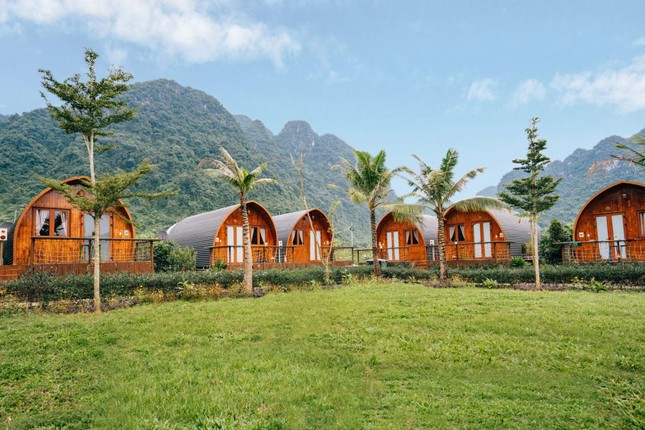
The uncontrolled development of homestays and farmstays on agricultural land.
The 2024 Land Law, specifically Article 218, clearly permits the multi-purpose use of agricultural land to increase income, as long as the primary purpose remains agricultural. It is not intended to facilitate land-use changes.
According to Clause 1, Article 218 of the 2024 Land Law, agricultural land can be used for multiple purposes, including commercial, service, livestock, and medicinal plant cultivation activities.
To qualify for multi-purpose land use, certain conditions must be met. These include: not changing the land type as specified in relevant land documents; ensuring the land can revert to its original agricultural purpose; not impacting national defense and security; minimizing ecological, biodiversity, and environmental impacts; not affecting neighboring land use; fulfilling financial obligations; and complying with relevant laws.


